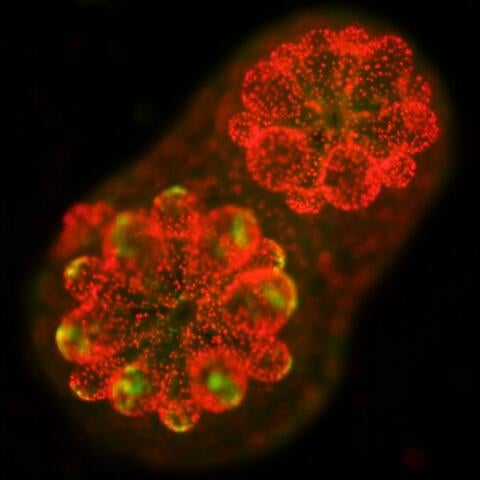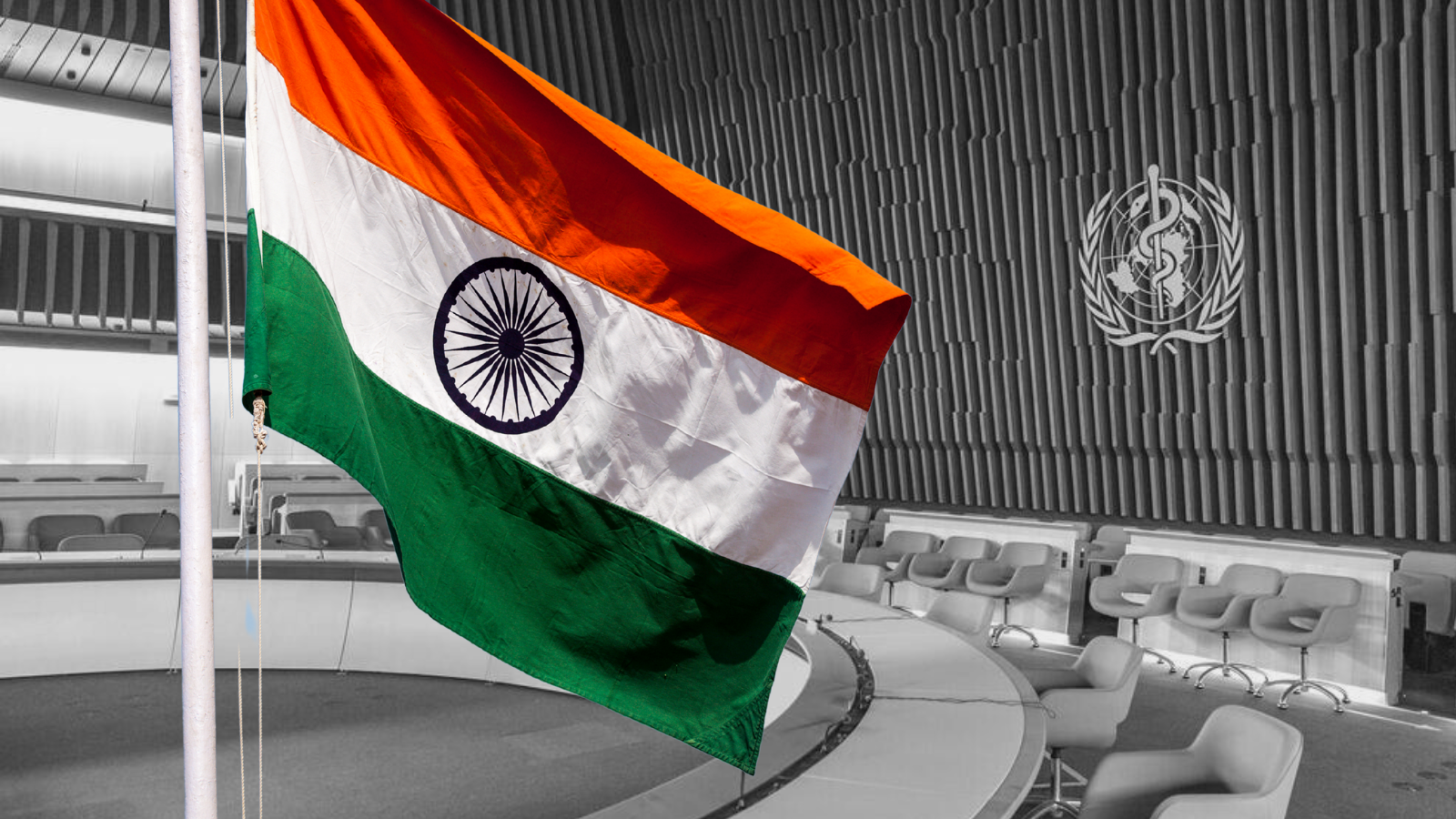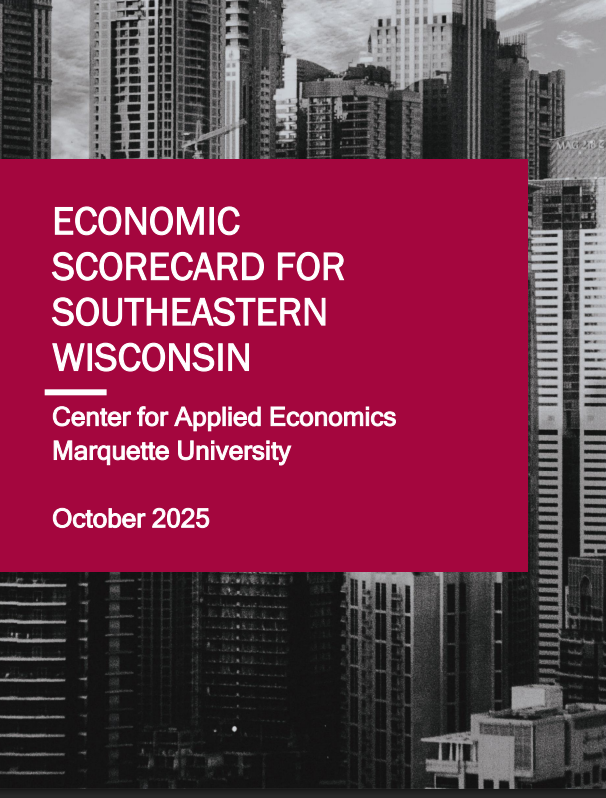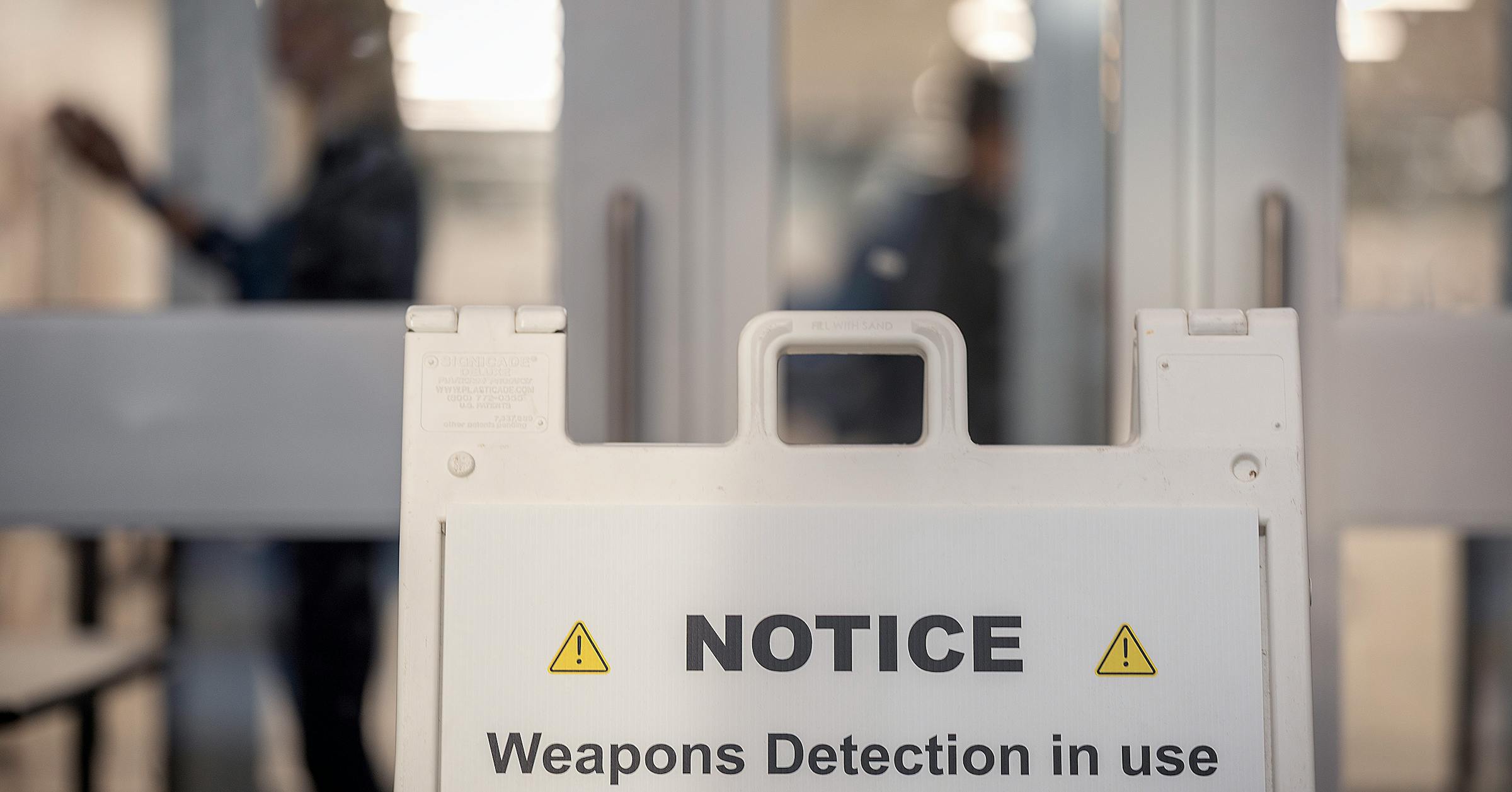Strong push back against US sanctions on the International Criminal Court at UN Human Rights Council – The International Commission of Jurists – ICJ
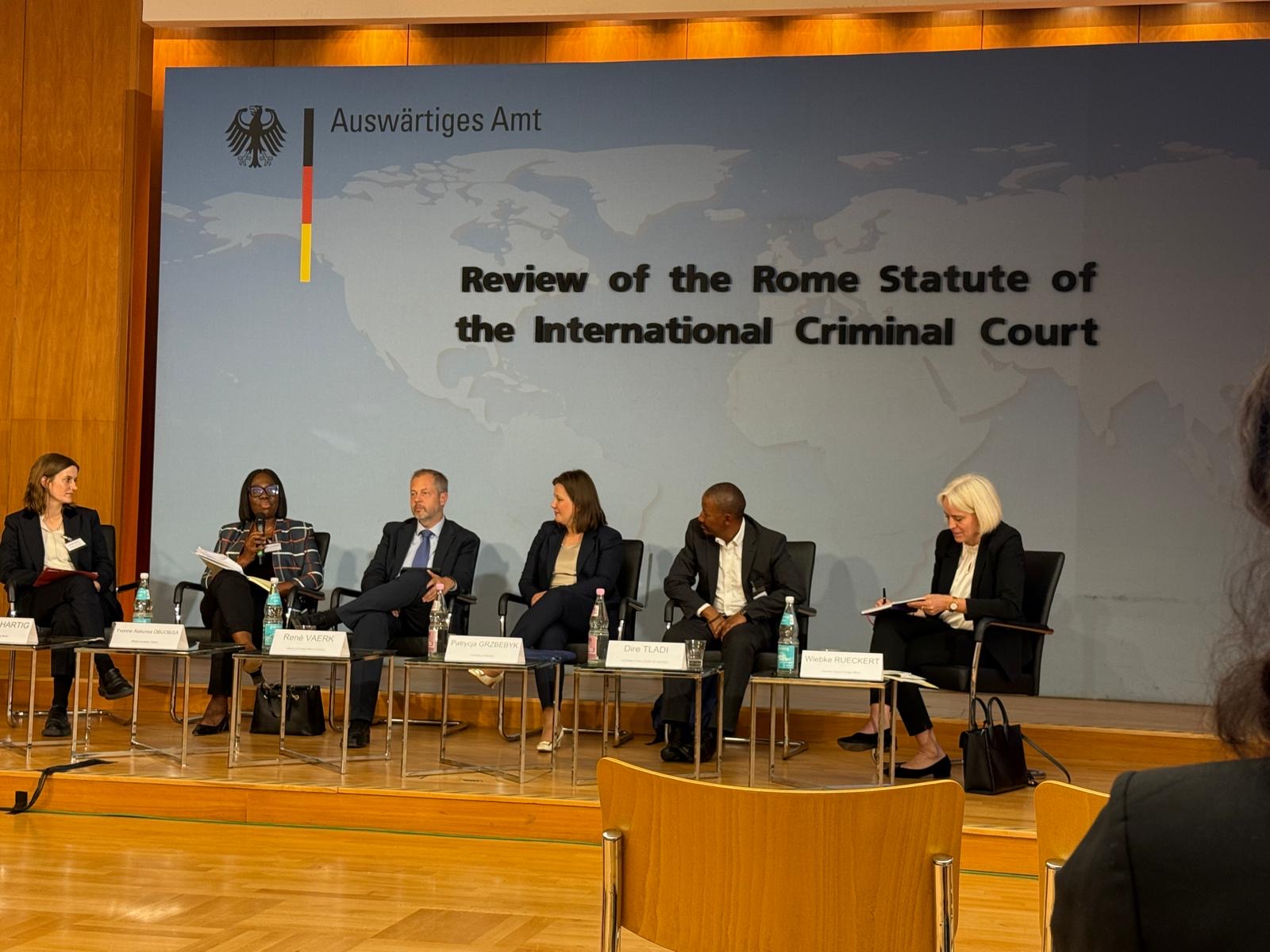
Report on Threats to Sustainable Development Goal 16: U.S. Sanctions Against the International Criminal Court
Executive Summary
At the 59th session of the UN Human Rights Council (HRC), a coalition of UN officials, independent experts, Member States, and civil society organizations issued a firm condemnation of sanctions and threats imposed by the United States against officials of the International Criminal Court (ICC). These actions represent a direct challenge to the principles of international justice and the rule of law, critically undermining the achievement of Sustainable Development Goal 16 (SDG 16), which calls for peace, justice, and strong institutions.
The Role of the ICC in Advancing Global Goals
The International Criminal Court is the world’s only permanent international criminal tribunal, established to prosecute the most serious crimes under international law. Its function as a court of last resort is integral to the global architecture for peace and security and directly supports several Sustainable Development Goals.
- SDG 16 (Peace, Justice and Strong Institutions): The ICC is a cornerstone institution for fulfilling Target 16.3, which aims to promote the rule of law and ensure equal access to justice for all. By holding perpetrators of atrocities accountable, it contributes to building effective and accountable institutions.
- SDG 10 (Reduced Inequalities): The Court provides a crucial avenue for justice for victims in regions where national judicial systems are unable or unwilling to act, thereby reducing inequalities in access to legal remedy.
- SDG 5 (Gender Equality): The ICC’s mandate includes the prosecution of sexual and gender-based violence as crimes against humanity, advancing the goals of gender equality and empowerment.
Analysis of U.S. Coercive Measures and Their Impact on SDG 16
On 6 February 2025, a U.S. executive order authorized sanctions against individuals supporting the ICC’s investigations into nationals of the U.S. or its allies. These measures have a profound and negative impact on the advancement of SDG 16.
- Designated Sanctions: The U.S. administration designated the ICC Prosecutor, four ICC judges, and the UN Special Rapporteur on the situation of human rights in the Palestinian territories. The sanctions include asset freezes and entry bans for the officials and their immediate families.
- Undermining the Rule of Law (SDG Target 16.3): These sanctions are an attack on judicial independence and the international rule of law. As stated by the UN High Commissioner for Human rights, “sanctioning judges and prosecutors…for doing their jobs, is an assault on the rule of law and corrodes justice.”
- Impeding Access to Justice (SDG Target 16.3): The executive order is designed to create a chilling effect, intimidating not only Court officials but also victims, witnesses, and civil society organizations that cooperate with the ICC. This obstruction jeopardizes victims’ right to remedy and reparation, directly contravening the objective of ensuring equal access to justice for all.
International Response and Commitment to SDG 17 (Partnerships for the Goals)
The international community’s response at the HRC demonstrated a strong partnership in defense of multilateral institutions and the 2030 Agenda.
- UN High Commissioner for Human Rights: Stated that attacks on international institutions like the ICC undermine the tools necessary to prevent conflict and build peace.
- Joint Statement by States: Belgium delivered a statement on behalf of a cross-regional group of 59 States Parties to the Rome Statute, reaffirming their commitment to the ICC’s independence and rejecting all acts of intimidation. This action exemplifies SDG 17 in practice.
- Member State Declarations: Liechtenstein, echoing the joint statement, highlighted that “undermining criminal justice has a negative impact on the rule of law and fosters instability and uncertainty,” reinforcing the link between justice and sustainable peace.
- Civil Society Organizations: Human Rights Watch (HRW), the International Bar Association’s Human Rights Institute (IBAHRI), and the International Commission of Jurists (ICJ) condemned the sanctions as a threat to human rights protection globally, stating they “obstruct the course of justice.”
Conclusion: Upholding the 2030 Agenda Against Impunity
The U.S. sanctions against the ICC constitute a significant setback for the global commitment to the Sustainable Development Goals, particularly SDG 16. The measures weaken a key international institution dedicated to justice, threaten the international rule of law, and impede access to justice for victims of the world’s most heinous crimes. The unified pushback from States, UN bodies, and civil society sends a vital message that the international community must stand united against impunity. Upholding the principles of the Rome Statute is fundamental to protecting human rights and achieving the vision of a peaceful, just, and sustainable world as outlined in the 2030 Agenda. Justice and accountability are not optional; they are essential pillars of sustainable development.
Analysis of Sustainable Development Goals (SDGs) in the Article
1. Which SDGs are addressed or connected to the issues highlighted in the article?
-
SDG 16: Peace, Justice and Strong Institutions
This goal is central to the entire article. The text revolves around the International Criminal Court (ICC), an institution created to deliver justice for the most serious international crimes. The article discusses the importance of the rule of law, access to justice for victims, and the need to protect judicial institutions from political interference and attacks. It explicitly states that “Justice and accountability are not optional. They are essential pillars of a peaceful, just and sustainable world,” directly linking the ICC’s work to the principles of SDG 16.
-
SDG 17: Partnerships for the Goals
This goal is relevant because the article highlights the collective action taken by various stakeholders to defend the ICC. It describes a multi-stakeholder response involving UN bodies (Human Rights Council, High Commissioner for Human Rights), a “cross-regional group of 59 States Parties,” and civil society organizations (International Commission of Jurists, Human Rights Watch, etc.). This collaboration to uphold the “rules-based international order” and support a key international institution is a clear example of a partnership for sustainable development, specifically for achieving peace and justice.
2. What specific targets under those SDGs can be identified based on the article’s content?
-
Target 16.3: Promote the rule of law at the national and international levels and ensure equal access to justice for all.
This is the most prominent target. The article condemns the US sanctions as “an assault on the rule of law” and an act that “corrodes justice.” It emphasizes that the sanctions “obstruct the course of justice, jeopardising victims’ access to justice, and their right to remedy and reparation.” The defense of the ICC is framed as a defense of the international rule of law and the principle that justice must be “upheld in an independent and impartial manner.”
-
Target 16.6: Develop effective, accountable and transparent institutions at all levels.
The article focuses on the ICC as a critical international institution. The sanctions are described as an attempt to “undermine ICC investigations” and have a “chilling effect on broader cooperation with the ICC.” The threat that the Court could lose “access to essential goods and services necessary to carry out its global mandate” directly concerns its effectiveness. The international support for the ICC is aimed at preserving its ability to function effectively and independently, as envisioned by this target.
-
Target 16.a: Strengthen relevant national institutions, including through international cooperation, to build capacity at all levels… to prevent violence and combat… crime.
The article highlights the role of international cooperation in strengthening the global justice system. The ICC is described as a “court of last resort” that complements national justice systems. The joint statement by 59 States Parties and the collective action of civil society organizations represent the international cooperation necessary to strengthen and defend the institutions that combat impunity for the “most serious crimes under international law.”
-
Target 17.16: Enhance the global partnership for sustainable development, complemented by multi-stakeholder partnerships…
The article provides a clear example of this target in action. The response to the US sanctions involved a partnership between intergovernmental organizations (UN Human Rights Council), national governments (the 59 States Parties), and civil society (ICJ, HRW, IBAHRI). This coalition mobilized to “reaffirm the international community’s shared commitment to upholding justice, accountability, and the rule of law.”
3. Are there any indicators mentioned or implied in the article that can be used to measure progress towards the identified targets?
-
Implied Indicator for Target 16.3: Number of verified cases of intimidation or interference with judicial officials.
The article explicitly mentions the designation and sanctioning of specific individuals: “the ICC Prosecutor, four ICC judges and the UN Special Rapporteur.” This serves as a direct, albeit negative, indicator of threats to the independence of the judiciary and the rule of law. A reduction in such incidents would indicate progress.
-
Implied Indicator for Target 16.3: Measures taken to ensure access to justice for victims.
The article implies this by highlighting how sanctions “obstruct the course of justice, jeopardising victims’ access to justice.” The ability of the ICC to conduct investigations and hold perpetrators accountable, which the sanctions threaten, is a qualitative indicator of access to justice for victims of the most serious crimes.
-
Indicator for Target 17.16: Number of countries and stakeholders participating in multi-stakeholder partnerships.
The article provides concrete numbers that can be used as indicators of partnership and international support. It mentions a “joint statement by a cross-regional group of 59 States Parties” and a side event supported by “15 other non-governmental organisations and 11 States.” These figures quantify the scale of the partnership formed to defend the ICC.
4. Table of SDGs, Targets, and Indicators
| SDGs | Targets | Indicators |
|---|---|---|
| SDG 16: Peace, Justice and Strong Institutions | 16.3: Promote the rule of law at the national and international levels and ensure equal access to justice for all. | (Implied) Number of verified cases of sanctions, threats, or intimidation against judicial officials (e.g., “sanctions against the ICC Prosecutor, four ICC judges”). |
| 16.6: Develop effective, accountable and transparent institutions at all levels. | (Implied) The ability of the ICC to carry out its mandate without external interference, measured by its access to information, evidence, and essential services. | |
| 16.a: Strengthen relevant institutions… through international cooperation. | (Implied) Level of international cooperation to support and defend international justice institutions, such as the ICC. | |
| SDG 17: Partnerships for the Goals | 17.16: Enhance the global partnership for sustainable development, complemented by multi-stakeholder partnerships. | Number of countries and stakeholders participating in partnerships to support international justice (e.g., “joint statement by a cross-regional group of 59 States Parties,” side event supported by “15 other non-governmental organisations and 11 States”). |
Source: icj.org

What is Your Reaction?
 Like
0
Like
0
 Dislike
0
Dislike
0
 Love
0
Love
0
 Funny
0
Funny
0
 Angry
0
Angry
0
 Sad
0
Sad
0
 Wow
0
Wow
0

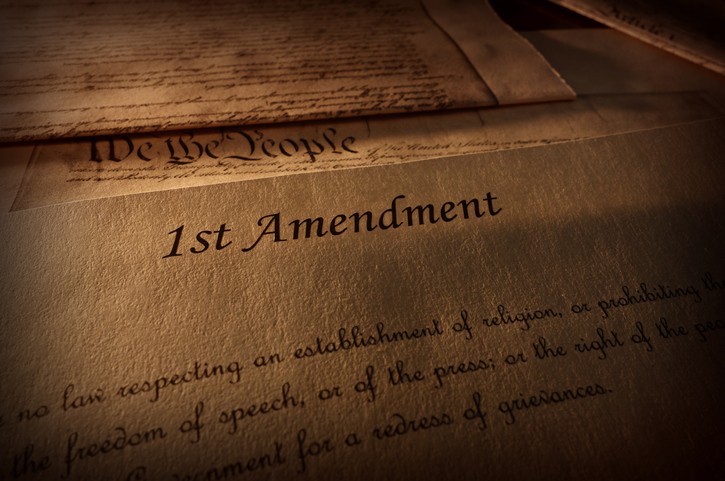









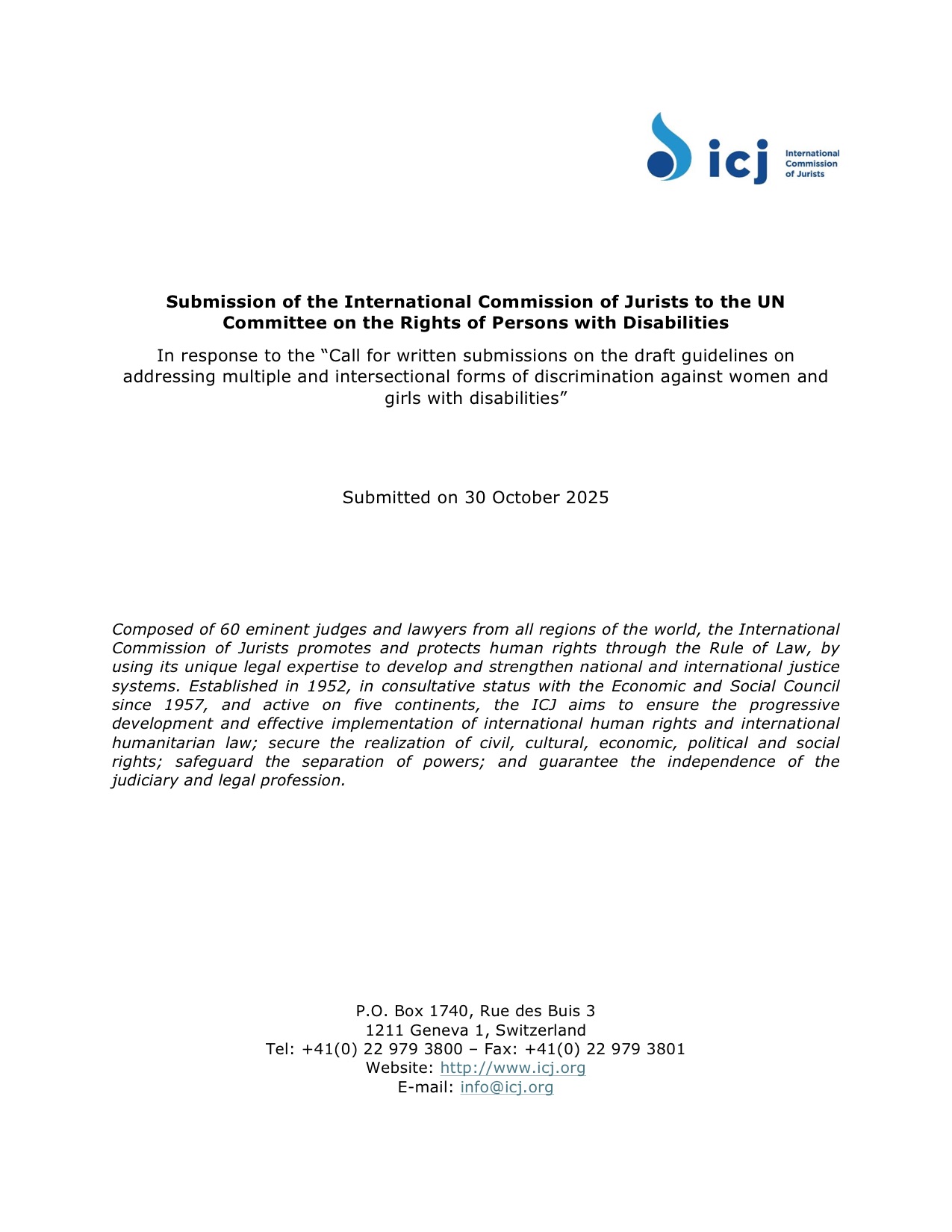





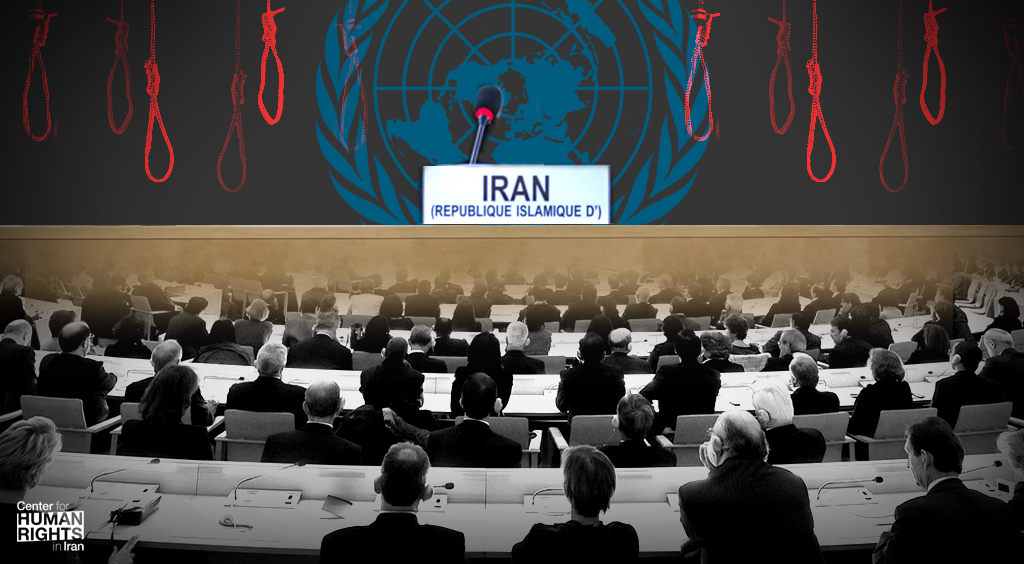
-1920w.png?#)






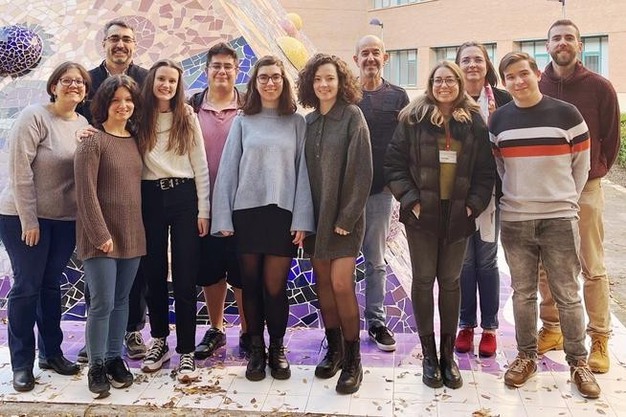
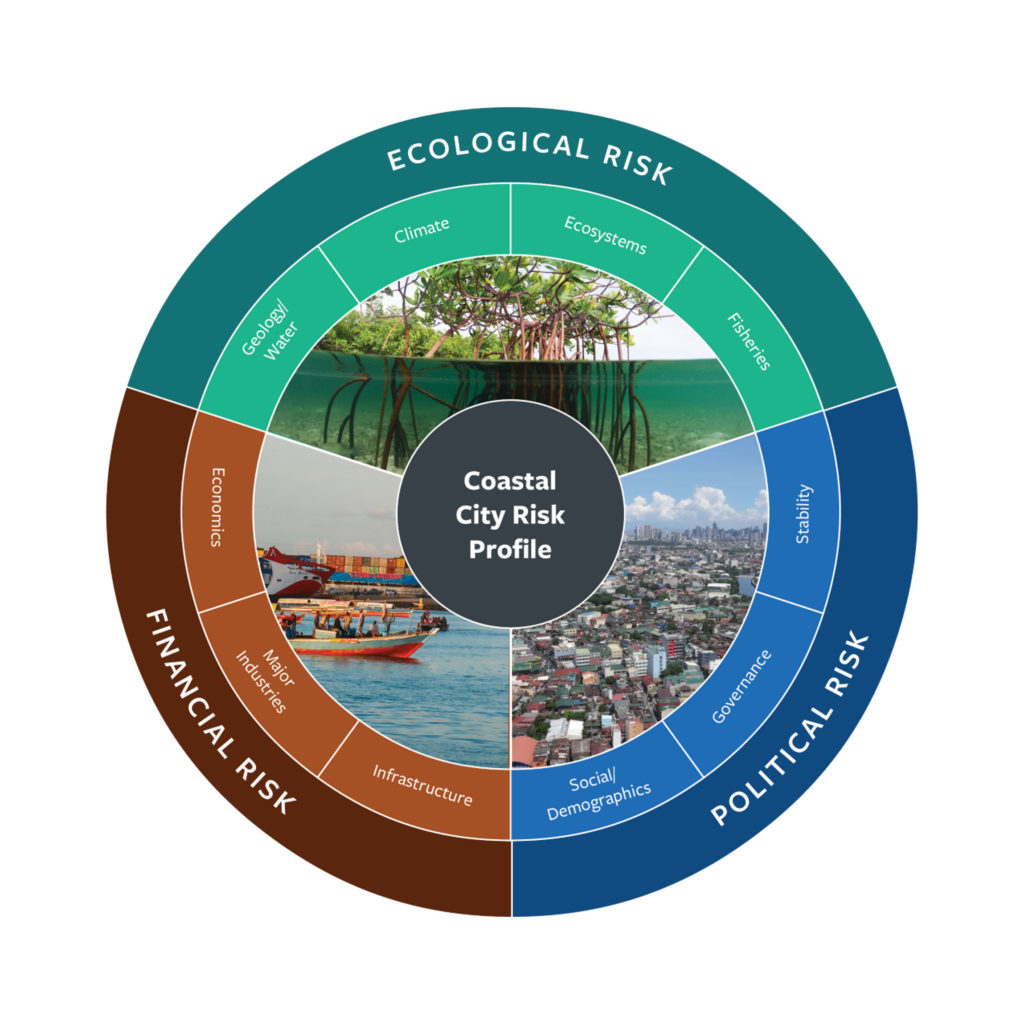







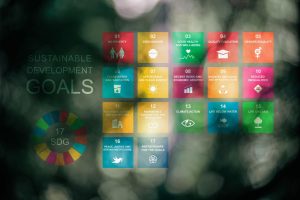






;Resize=805#)
